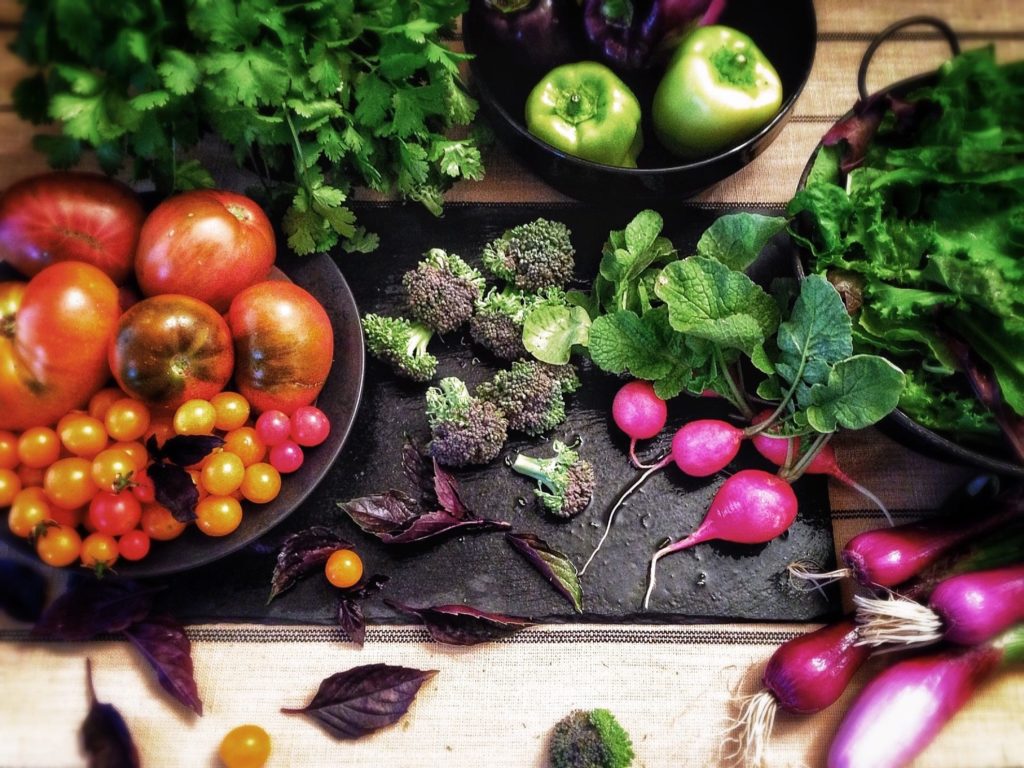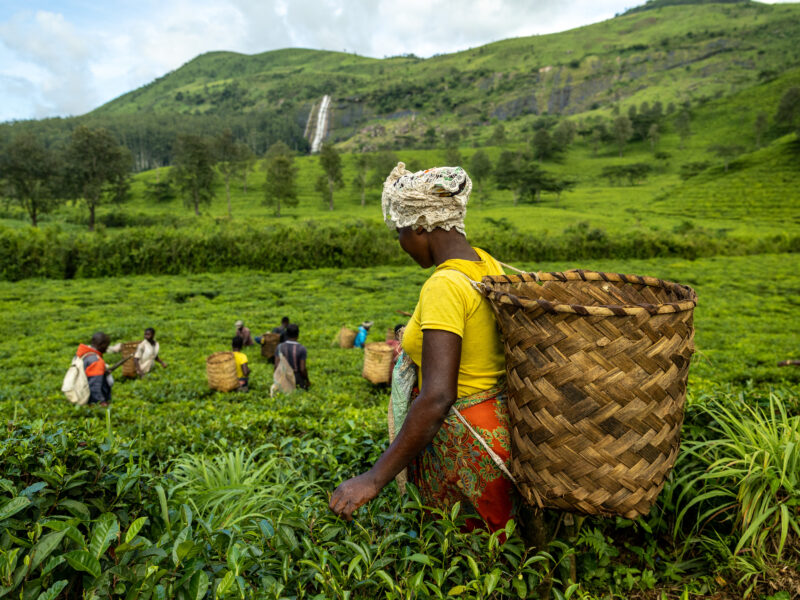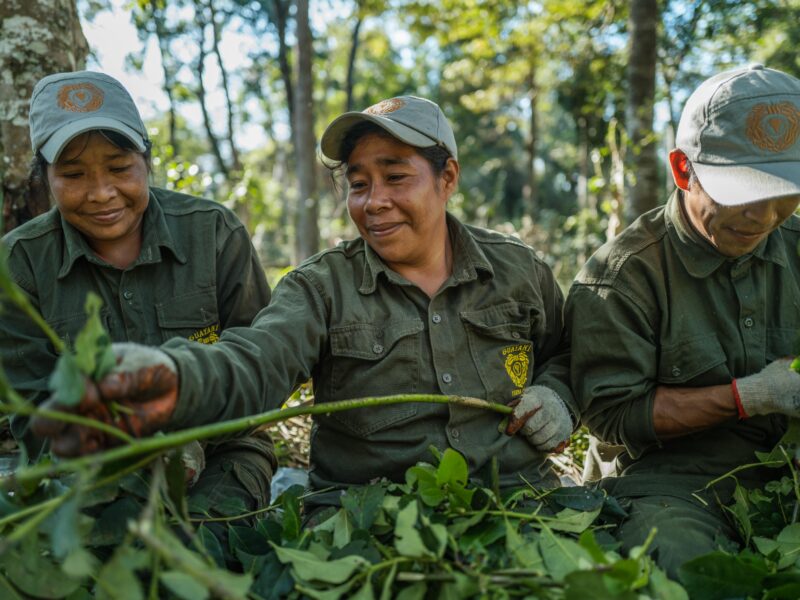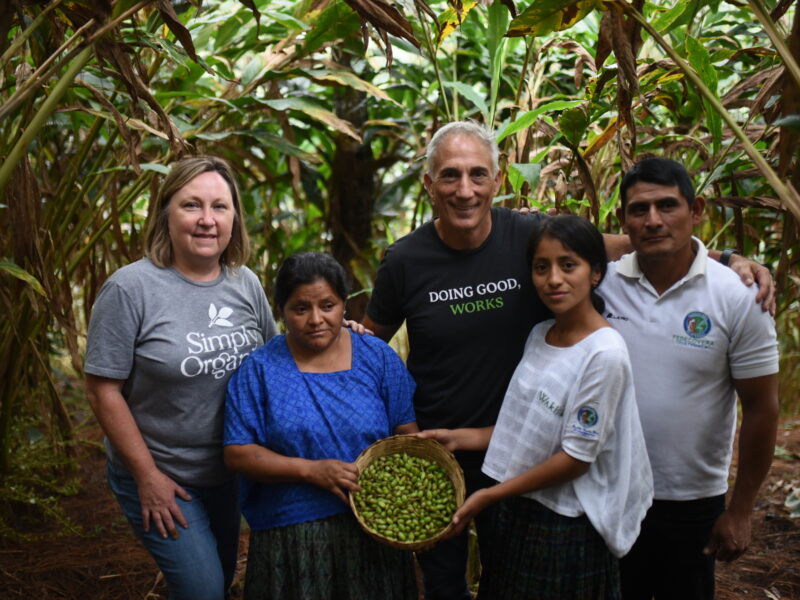To alleviate the severe lack of fresh food in the third ward of Houston, 14 community gardens have been put in neighborhoods. Also in the news, California farmers will no longer be able to make certain pesticides applications within a quarter-mile or less of schools and daycare centers. Meanwhile, in Germany, sources in the Social Democrats party have stated that reduction of the use of glyphosate herbicides in Germany has been one of the key points in negotiations to form a new government. In Brazil, GM crop adoption has driven up pesticide use 1.6-fold between the years 2000 and 2012, according to a new study. Families who say they were sickened at a school in Washington state have filed a lawsuit against local officials and Monsanto, claiming they allowed the school site to grow toxic with the use of the now-banned industrial chemicals known as PCBs. The Montana Organic Association is a valuable resource for information and support for growers and conscientious consumers. As with other recent attacks on the organic industry, all fingers point back to the agrichemical corporations that will lose the most if consumer demand continues to rise for foods free of GMOs and pesticides. A piece in this week’s Newsweek is no different and has Monsanto’s fingerprints all over it. The U.N. General Assembly has officially declared 2019-2028 the Decade of Family Farming. Thirty-three thousand citizens – including 160 tractor-driving farmers – made their way through the winter streets of Berlin on Saturday to tell the world food is political. And new research shows wildlife-friendly farming can quickly help bird populations bounce back, but large-scale rollout will be needed to reverse long-term declines.
Community gardens across Houston work to end food deserts’ thirst
There are no fresh food markets or commercial grocery stores in the Third Ward, making it one of the many neighborhoods in Houston and the United States classified as a food desert. When neighborhoods, usually low-income and ethnic ones, lack access to affordable, nutritious and fresh foods, they fall under that classification. To alleviate the severe lack of fresh foods in the Third Ward, the community garden on Ennis St. help to supply food sources. Thirteen other community gardens are spread out throughout the city in a variety of neighborhoods.
New state pesticide law affects local farms
California farmers will no longer be able to make certain pesticides applications within a quarter-mile or less of schools and daycare centers between the hours of 6 a.m. and 6 p.m., Monday to Friday. The banned applications include application by crop dusters, air blasters and sprinklers, as well as most dust and powder pesticides.
German Government Negotiators Agree to Reduce Use of Glyphosate Herbicides
Sources in the German Social Democrats (SPD) party have informed Sustainable Pulse on Thursday that the reduction in the use of glyphosate herbicides in Germany has been one of the key points in negotiations to form a new German government.
GM crops in Brazil have driven up pesticide use
Following the adoption of GM crops, overall pesticide use in Brazil increased 1.6-fold between the years 2000 and 2012 Here’s an extremely useful study with a clear abstract. The study found that GM crop adoption in Brazil has driven up pesticide use 1.6-fold between the years 2000 and 2012.
Families sue school, state, Monsanto over chemical pollution
Families who say they were sickened at a school in Monroe have filed a lawsuit against local officials and agrochemical giant Monsanto, claiming they allowed the school site to grow toxic with the use of the now-banned industrial chemicals known as PCBs.
Portland council votes 9-0 to ban synthetic pesticides in city
The Portland City Council approved an ordinance late Wednesday that prohibits the use of synthetic pesticides for outdoor pest management on public and private property.
Councilors voted 9-0 to approve the ordinance after a one-hour workshop that was followed by a lengthy debate on 10 proposed amendments to the pesticide law. Two amendments passed, one of which set the ordinance’s start date for July 1.
Some local stores now offering affordable organic food program.
The Produce Perks program is part of the Supplemental Nutrition Assistance Program (SNAP). It gives extra produce to those who wouldn’t be able to afford it otherwise.
Organic farming oftentimes most viable for new producers
The Montana Organic Association is a valuable resource in this burgeoning realm of agriculture providing information and support for growers and conscientious consumers. This vibrant organization is there to help producers by cultivating networks to sell their products, assist those transitioning from conventional systems, and continue to work on the regulation aspect of organic production, along with offering educational opportunities for everyone.
Monsanto’s Fingerprints All Over Newsweek’s Hit on Organic Food
Henry I. Miller, that name may sound familiar, because the New York Times recently revealed a scandal involving Miller: that he had been caught publishing an article ghostwritten by Monsanto under his own name in Forbes. The article, which largely mirrored a draft provided to him by Monsanto, attacked the scientists of the World Health Organization’s cancer panel (IARC) for their decision to list Monsanto’s top-selling chemical, glyphosate, as a probable human carcinogen.
Seattle’s love affair with ugly fruits and veggies
When San Francisco-based Imperfect Produce entered the Seattle market, it aimed to sign up 300 households by the end of the year. But instead more than 2,000 signed up within four weeks.
The U.N. Aims to Unite Efforts for the Decade of Family Farmers
The U.N. General Assembly has officially declared 2019–2028 the Decade of Family Farming. Initially proposed in October 2017, the resolution passed with 104 co-sponsors and unanimous approval. The Decade aims to inspire the international community to generate a refreshed political commitment supporting family farmers and crafting pro-family farming policies.
Wildflower planting on farms boosts birds, from skylarks to starlings
New research shows wildlife-friendly farming can quickly help bird populations bounce back, but large-scale rollout will be needed to reverse long-term declines.
Food is Political! 33,000 Are Fed Up With Agri-Industry!
33,000 citizens – including 160 tractor driving farmers – made their way through the winter streets of Berlin on Saturday to tell the world – food is political!









